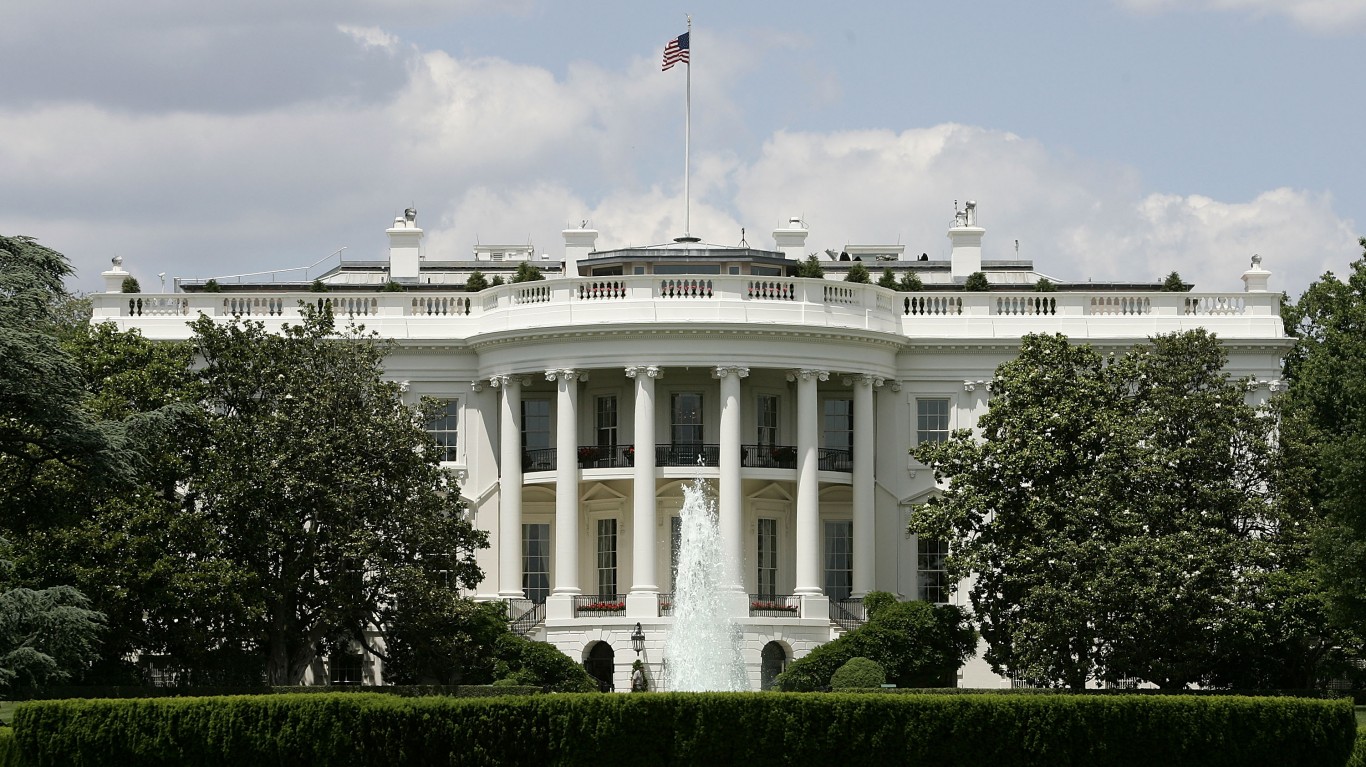
The European Commission (EC) on Tuesday said that it had notified Amazon.com Inc. (NASDAQ: AMZN) that the e-commerce behemoth had breached European Union (EU) antitrust rules “by distorting competition in online retail markets.” The EC is the executive branch of the EU, and Tuesday’s announcement represents the EC’s “preliminary view.”
Margrethe Vestager, the EC’s executive vice president in charge of competition policy, noted that the EC “must ensure that the dual role platforms with market power, such as Amazon, do not distort competition. Data on the activity of third party sellers should not be used to the benefit of Amazon when it acts as a competitor to these sellers.”
According to the EC announcement, “very large quantities” of private seller data is available to Amazon and “flow[s] directly into [Amazon’s] automated systems …, which aggregate these data and use them to calibrate Amazon’s retail offers and strategic business decisions to the detriment of the other marketplace sellers.”
In the EC’s preliminary view, “the use of non-public marketplace seller data allows Amazon to avoid the normal risks of retail competition and to leverage its dominance in the market for the provision of marketplace services in France and Germany- the biggest markets for Amazon in the EU.”
If further investigation confirms that Amazon does indeed behave in this way, the company would “infringe” an EU treaty that prohibits “abuse of a dominant market position.”
The EC also announced that it had begun a second antitrust investigation into Amazon’s “possible” preferential treatment of its own retail offers and those of the company’s Marketplace resellers that use Amazon’s delivery and logistics services. Specifically, the EC will look into how Amazon selects the winner of its “Buy Box” space that enables sellers to offer products to Amazon Prime subscribers and could lead to “preferential treatment of Amazon’s retail business or of the sellers that use Amazon’s logistics and delivery services.”
The separation of Amazon’s retail business and its business as a platform supplier has been under discussion among politicians for more than a year. When Senator Elizabeth Warren was campaigning for the Democratic Party’s nomination for president, she labeled large tech platforms as “platform utilities” and said they should be restricted from participating on the platform. The prohibition would have applied to any public online marketplace with a total of $25 billion or more in annual global revenue. Under Warren’s plan, Alphabet’s ad exchange, Google Search, and Amazon’s Marketplace would have to be spun-off the parent companies.
The EC’s investigation could follow Warren’s blueprint and offer Amazon the choice of being a platform or a seller. Whichever choice the company makes, the other part would be spun off into a separate company. There are other possibilities as well, but breaking up Amazon or Google may be the cleanest and easiest to implement from a regulatory point of view. President-elect Joe Biden has not staked out a position on breaking up big tech firms, but he has said that he favors regulation rather than breakups.
In a statement cited by MarketWatch, Amazon said it “disagree[s] with the preliminary assertions of the European Commission and will continue to make every effort to ensure it has an accurate understanding of the facts.”
Amazon’s stock dropped 5% on Monday and traded down by more than 2% Tuesday morning, at $3,060.82 in a 52-week range of $1,626.03 to $3,552.25. The stock’s consensus price target is $3,812.78. Amazon does not pay a dividend.
Thank you for reading! Have some feedback for us?
Contact the 24/7 Wall St. editorial team.

 24/7 Wall St.
24/7 Wall St.



